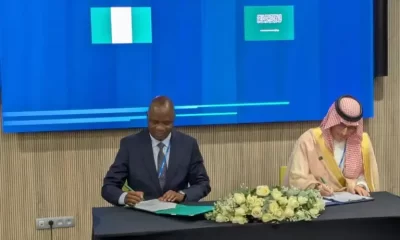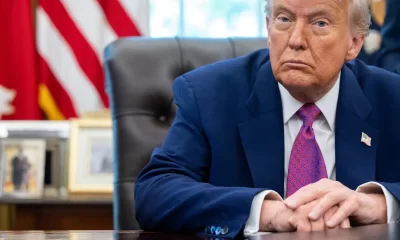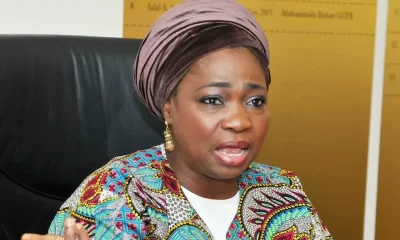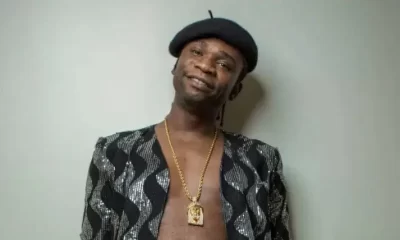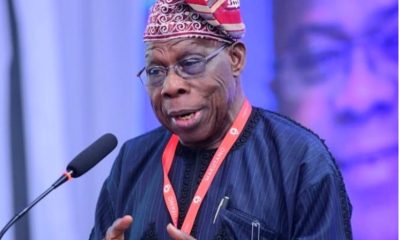News
Harvard secures extension of court order blocking Trump’s international student ban
A federal judge extended an order temporarily blocking former President Donald Trump’s effort to bar foreign nationals from entering the United States to study at Harvard University. The decision marks a critical moment in an escalating legal and political standoff over academic freedom, immigration policy, and executive power.
U.S. District Judge Allison Burroughs, who presides in Boston, said she would prolong the temporary restraining order until June 23, giving herself additional time to deliberate on whether a longer-term preliminary injunction should be issued. The restraining order, originally granted on June 5, had been set to expire this week.
“We’ll kick out an opinion as soon as we can,” Burroughs told the court at the conclusion of Monday’s hearing. The judge’s move is the latest development in Harvard’s legal challenge to Trump’s June 4 proclamation, which seeks to suspend the entry of international students and exchange visitors to the elite university for six months, citing national security concerns.
Harvard, which enrolled nearly 6,800 international students in its most recent academic year, about 27% of its total population, has argued that the proclamation represents political retaliation for the university’s refusal to align with the administration’s demands concerning governance, faculty ideology, and curriculum.
“The impact of the proclamation is devastating to Harvard and its students,” Harvard’s attorney Ian Gershengorn told the judge, claiming the order violates the university’s First Amendment rights by punishing its dissent from federal pressure.
The U.S. Department of Justice defended the measure, with attorney Tiberius Davis asserting that Trump acted within broad powers granted by the Immigration and Nationality Act. “We don’t trust them to host foreign students,” Davis said, pointing to Harvard’s acceptance of foreign donations and alleged failure to provide requested information on students involved in unrest on campus.
Judge Burroughs, an Obama appointee, did not reveal her final position but signaled skepticism toward the administration’s justification. She remarked that the government faced an “uphill battle” in proving Harvard would not suffer irreparable harm.
The Trump administration’s actions toward Harvard have been multi-pronged. It has sought to revoke the university’s tax-exempt status, freeze approximately $2.5 billion in grants and federal funding, and now suspend its ability to admit international students. Homeland Security Secretary Kristi Noem announced on May 22 that Harvard’s certification under the Student and Exchange Visitor Program was being revoked, a move quickly blocked by Burroughs.
Although Homeland Security has shifted toward a slower administrative process to challenge that certification, Trump’s subsequent proclamation bypassed that route, directly halting new international student entry and ordering Secretary of State Marco Rubio to review the visa status of current enrollees.
Davis defended the proclamation in part by referencing unrest on Harvard’s campus, particularly amid protests over the war in Gaza, and accused the university of enabling antisemitism and failing to protect Jewish students.
As the case proceeds, Harvard continues to pursue two separate lawsuits before Judge Burroughs: one to reinstate its frozen federal funding, and another to nullify the administration’s attempt to sever it from the international education system. A ruling on the broader injunction is expected before the end of June.





